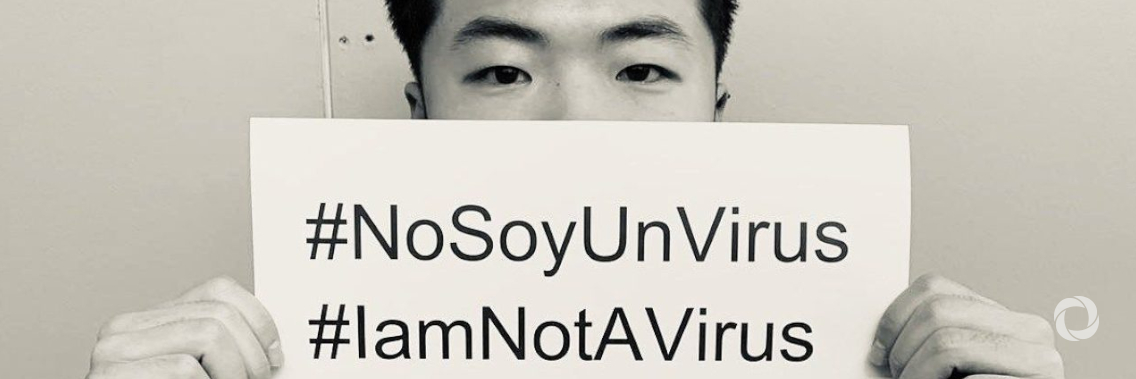COVID-19 has provoked a series of discriminatory acts across continents, with different groups as targets. UNESCO Chairs dealing with human rights and social inclusion provide insights as to how this global phenomenon manifests itself in their countries.
Since the COVID-19 outbreak, “the instability and fear that the pandemic engenders is exacerbating existing human rights concerns, such as discrimination against certain groups”, as pointed out by the UN Secretary-General in a policy brief on COVID-19 and Human Rights.
While the profile of victims varies from country to country, there seems to be a common pattern in discriminatory acts occurring during the pandemic: more often than not the target is generally the ‘other’, i.e. the foreigner, someone belonging to an ethnic or cultural minority, etc.
During the first phase of the COVID-19 contagion, those who suffered the most from discrimination were Asians and people of Asian descent, who were frequently targeted for causing the pandemic and its spread. As reported by UNESCO Chairs from Italy, Spain, Greece, Denmark and the Netherlands, discriminatory episodes consisted of verbal assaults in public places, denigrating campaigns on social media, the boycott of their business activities and, in some cases, difficulties in access to educational institutions.
Muslim communities, who represent the largest minority of the country, have been victims of attacks and other forms of discrimination amidst the pandemic. These episodes started to emerge when the spread of the virus was allegedly associated with a gathering held by a Muslim missionary movement in March.
As the pandemic escalated, international and regional organizations called on states for solidarity, not only in tackling the health emergency but also its impacts, especially on the most vulnerable.
In many countries, responses took the form of mass media campaigns launched by national and local authorities, and civil society. These had the following objectives: to call for citizen’s solidarity and to contribute to changing people’s attitudes towards groups who are at risk of discrimination in a specific context. Tackling prejudices, emerges, therefore as a key intervention, along with other measures providing financial support or aimed at improving access of disadvantaged groups to basic services.
Original source: UNESCO
Published on 25 May 2020

